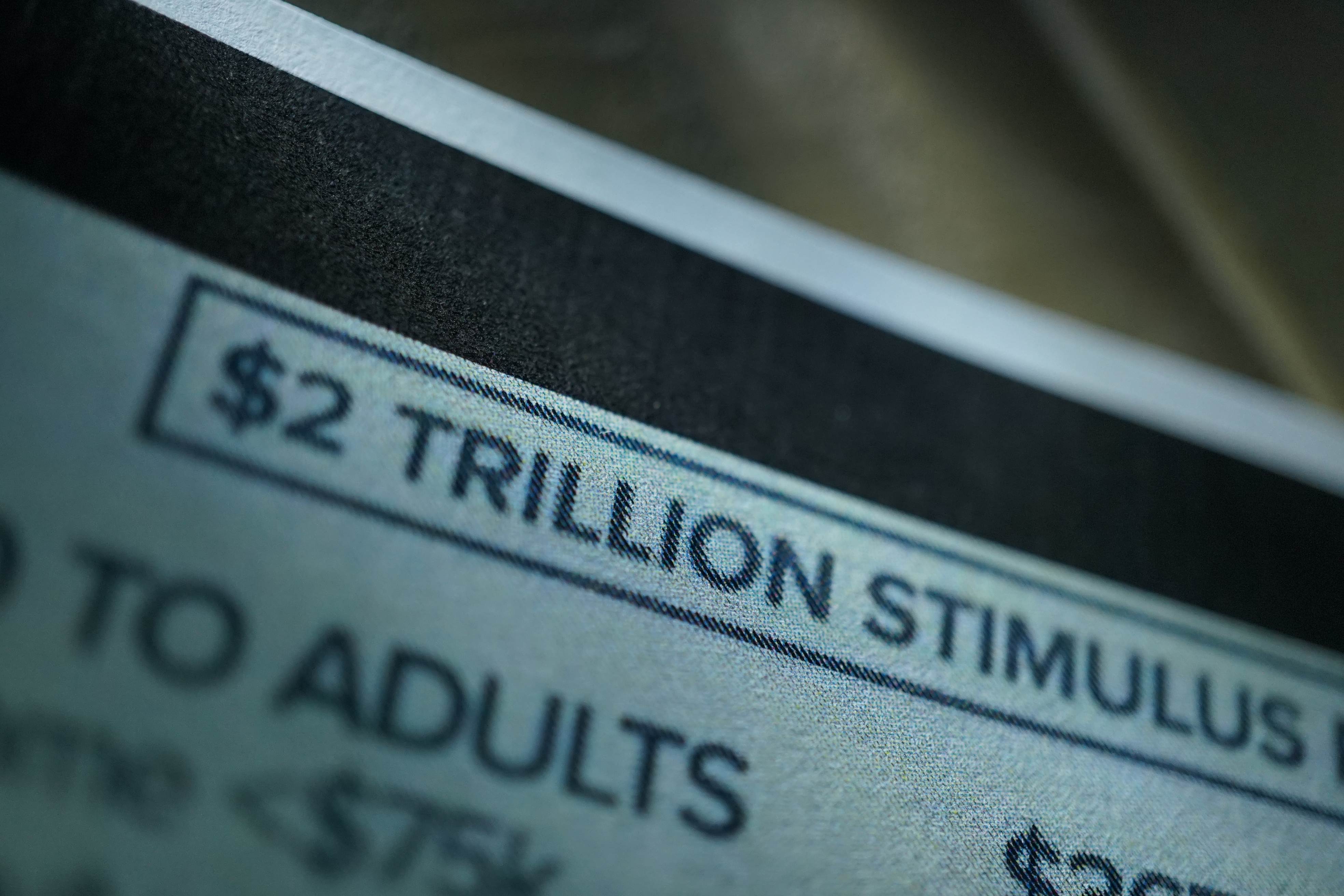How Do I Improve My Credit Score?
Many people ask, "How do I improve my credit score? Unfortunately, there is no quick way to fix a credit score. It takes time. Explore these four...
2 min read
 Jenna Taubel
:
Nov 19, 2019 7:30:00 AM
Jenna Taubel
:
Nov 19, 2019 7:30:00 AM

Credit scores have a vast impact on people's financial lives. Your credit score determines what type of car or house you can afford and how much your payments will be. It can affect your ability to lease an apartment or to be hired for certain jobs.
 With this much at stake, understanding how credit scores work is very important. Many people are surprised to learn that their credit scores are lower than they expected. This happens because there are other factors than timely payments, though paying on time is most important. Here are the crucial factors you need to know about how a credit score works.
With this much at stake, understanding how credit scores work is very important. Many people are surprised to learn that their credit scores are lower than they expected. This happens because there are other factors than timely payments, though paying on time is most important. Here are the crucial factors you need to know about how a credit score works.
According to CrediReady, your credit score is calculated by analyzing your payment history, credit utilization (aka, how much you borrow), the length of your credit history, the mix of credit accounts you have, and new credit you've taken on. If you have a perfect payment record, keep up the good work. If not, remember that time heals all credit wounds. As the late payments fall further into the past, your score rises, provided that you make on-time payments from then on.
Revolving debt includes your credit cards and other short-term loans. If you use your credit cards sparingly, you're in good shape. Your score declines when you carry balances above 30 percent of your available revolving credit. At 50 percent, your score gets punished. At 75 to 100 percent, you score declines drastically. For an ideal credit score, pay off every month. If you carry a balance, keep it to less than 10 percent of your available credit and never let it get above 30.
Does it ever seem like older people have better credit scores? If you noticed this, it isn't your imagination. A big factor in credit scoring is the length of time accounts have been open. A credit history of one year tells creditors a lot less than a credit history of ten years. For this reason, accounts add progressively more to your score as they age up to 10 years.
Want to know how to improve your credit score? Check out this video from KIMT News 3, featuring First Alliance Credit Union employee Barb Schriever.
Though we all need to open new accounts, opening too many new accounts damages your score. Limit the number of credit card accounts to two for the best score. Also, keeping the same accounts rather than frequently switching always helps.
When you pay off a loan, such as a car loan or installment loan, it stays on your credit history for seven years—to your benefit. It's a positive payment record and an "old account." Some people want to have these accounts removed from their credit history, which is a mistake. Remove it and your score declines.
Credit scores have become ubiquitous in modern life. They affect everything from insurance rates to job placement. By understanding how credit scores work, you can keep your score at a high level or rebuild credit if needs be.
If you want to raise your credit score, contact a First Alliance Credit Union Money Navigator today. They can go over your finances with you and help you figure out a way to improve your finances that works for you.

Many people ask, "How do I improve my credit score? Unfortunately, there is no quick way to fix a credit score. It takes time. Explore these four...

We know everyone manages their money a little differently. Some people prefer a more self-service style with online banking, while others like coming...

When the Federal government passed the CARES Act in March 2020, the one aspect that arguably affected the most people directly was the economic...